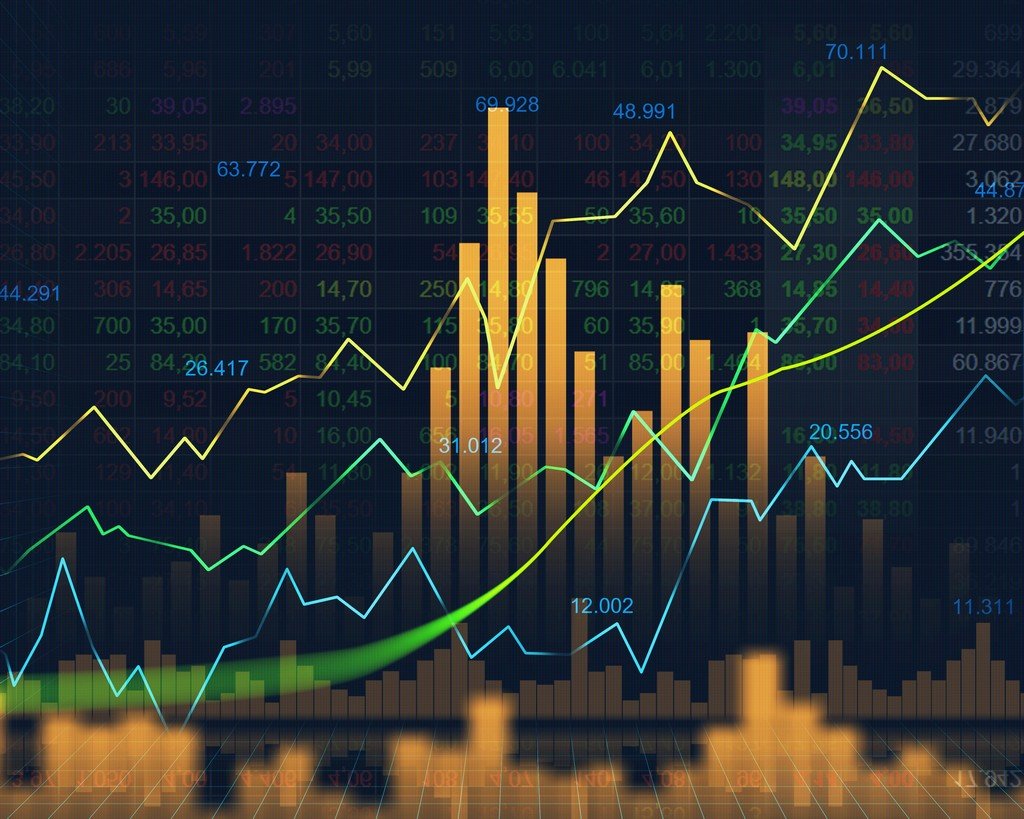Inflation is hotter than expected, but it looks temporary and likely won’t affect Fed policy yet
June 11, 2021 @ 06:34 +03:00

Consumer prices jumped more than expected in May, but the surge in inflation looks to be temporary and should not push the Federal Reserve to tighten policy for now. The consumer price index rose 5% in May on a year-over-year basis, the highest since the summer of 2008, when oil prices were skyrocketing. Excluding food and energy, core CPI rose 3.8% year over year, the highest pace since 1992. A third of the increase was attributed to a sharp 7.3% increase in used car and truck prices.
Fed officials have described the current period of high inflation as transitory, meaning it should be brief or short-lived. They have expected several months of elevated price increases because of pent-up demand and supply chain lags. The comparison to last year’s weak levels — at a time when the economy was mostly shut down — is also a factor.
The Federal Reserve meets June 15 and 16. There was some market speculation that if inflation looked very hot, the central bank might move up the time frame in which it would discuss moving away from its easy policies. Economists expect the first step toward easing would be when the Fed publicly discusses its decision to cut back on the $120 billion in Treasury and mortgage securities it buys each month.
Financial markets took the surge in CPI in stride, and stocks jumped after the 8:30 a.m. ET report. The Dow gained more than 200 points but gave up its best gains. The 10-year Treasury was slightly higher at 1.49%, after initially rising as high as 1.53%. Yields move opposite price. Fears the inflation number would push the Fed to shift policy sooner would have driven yields much higher. Economists said some of the price increases were surprising, but the price gains in the bigger contributors to CPI remained relatively subdued.
Inflation is hotter than expected, but it looks temporary and likely won’t affect Fed policy yet, CNBC, Jun 11






